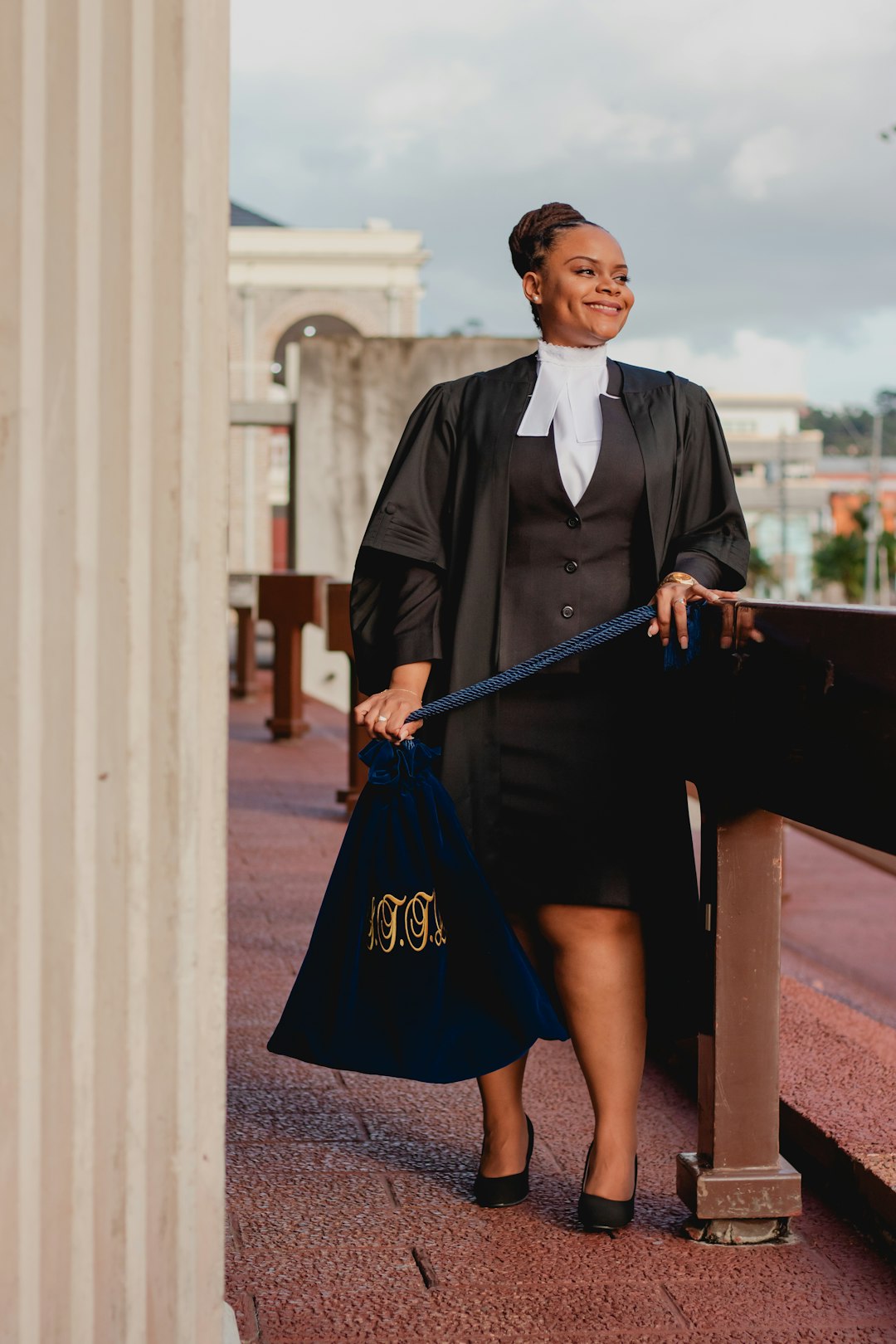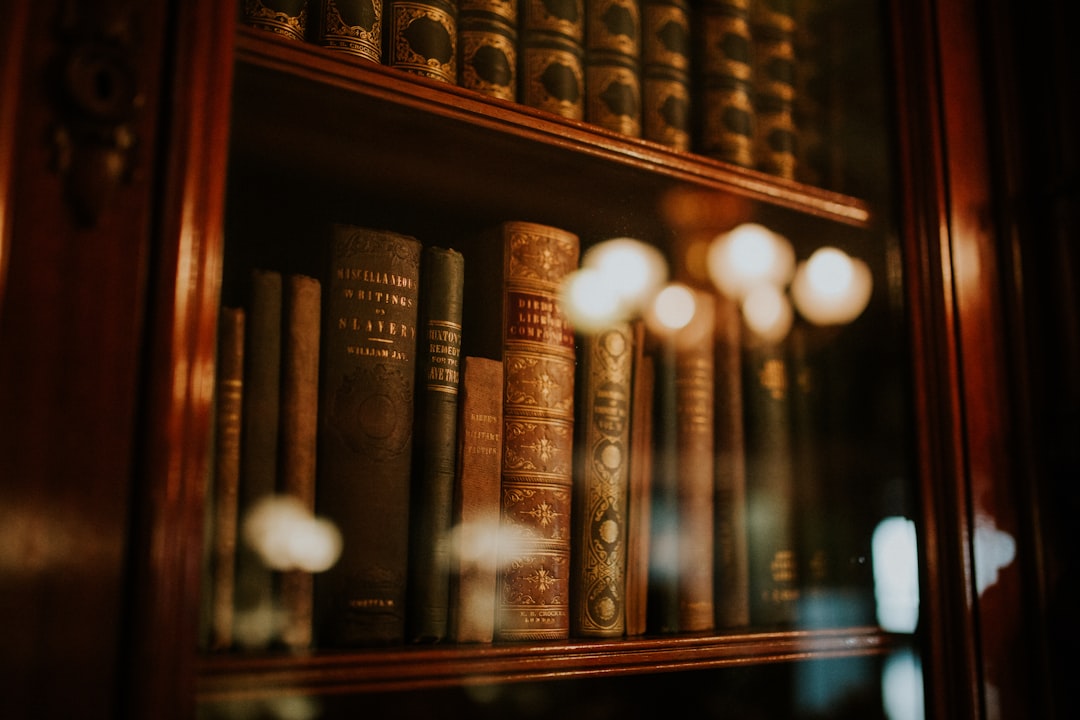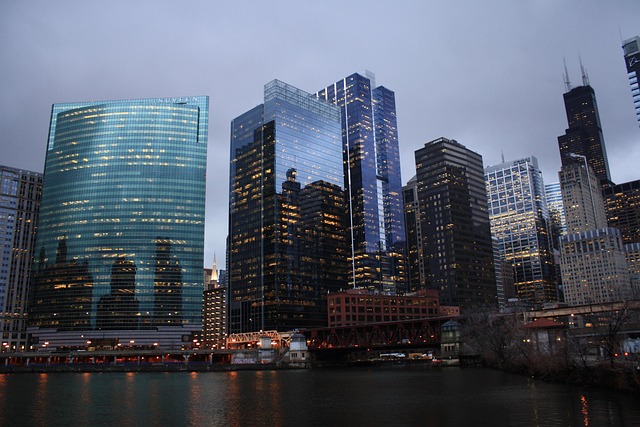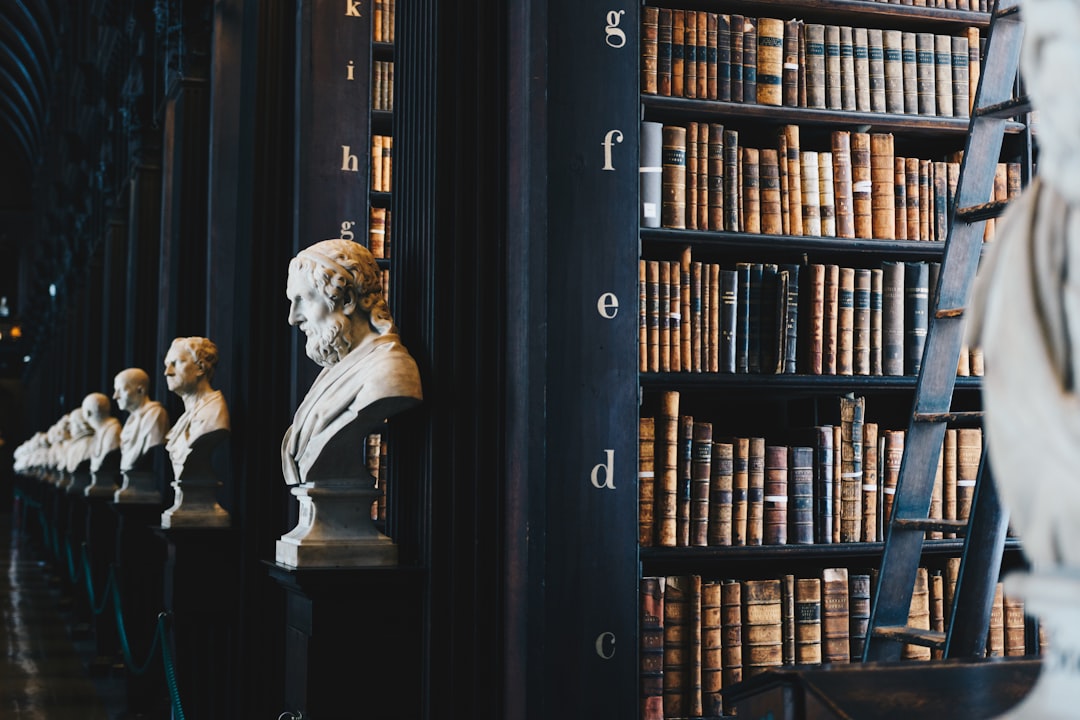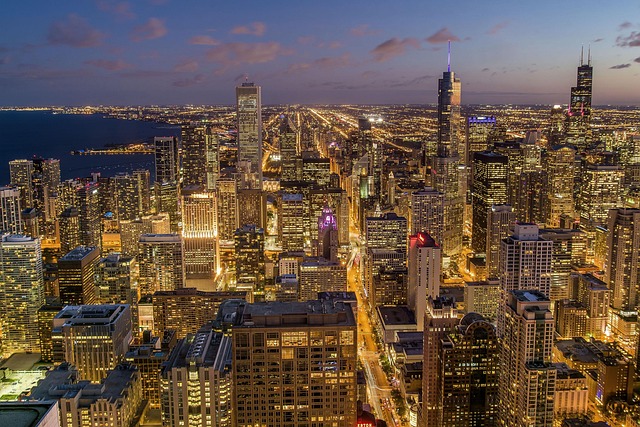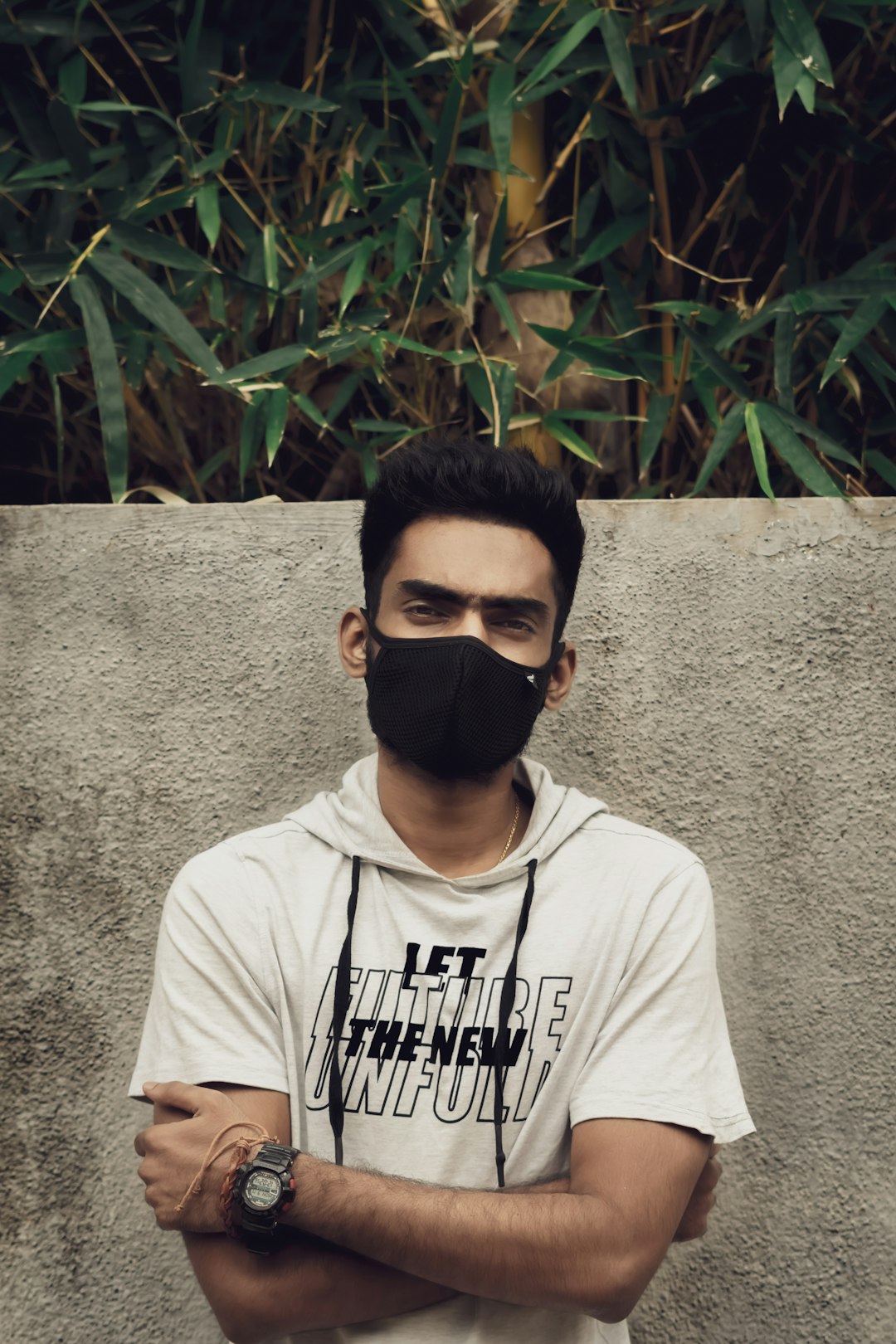Chicago schools face a complex challenge addressing sexual abuse, requiring collaboration with school abuse attorneys Chicago IL to navigate stringent Illinois laws. Key strategies include age-appropriate sex education, open dialogue, peer support, and multi-stakeholder collaboration. By integrating these approaches—from staff training to streamlined reporting—schools can foster a culture of safety, empowering students to prevent and report abuse effectively while ensuring institutional accountability.
Chicago’s educational landscape faces a significant challenge: addressing sexual abuse within the school system. As advocates and parents demand greater accountability, it’s crucial to examine the current state of awareness and prevention strategies. This article aims to provide a comprehensive guide for Chicago schools, highlighting best practices and legal considerations, with insights from leading experts, including renowned school abuse attorneys in Chicago, IL. By exploring evidence-based solutions, we can foster safer environments, empower students, and ensure accountability. Let’s delve into actionable steps to mitigate this pressing issue.
Understanding Chicago's Sexual Abuse Laws with a School Abuse Attorney
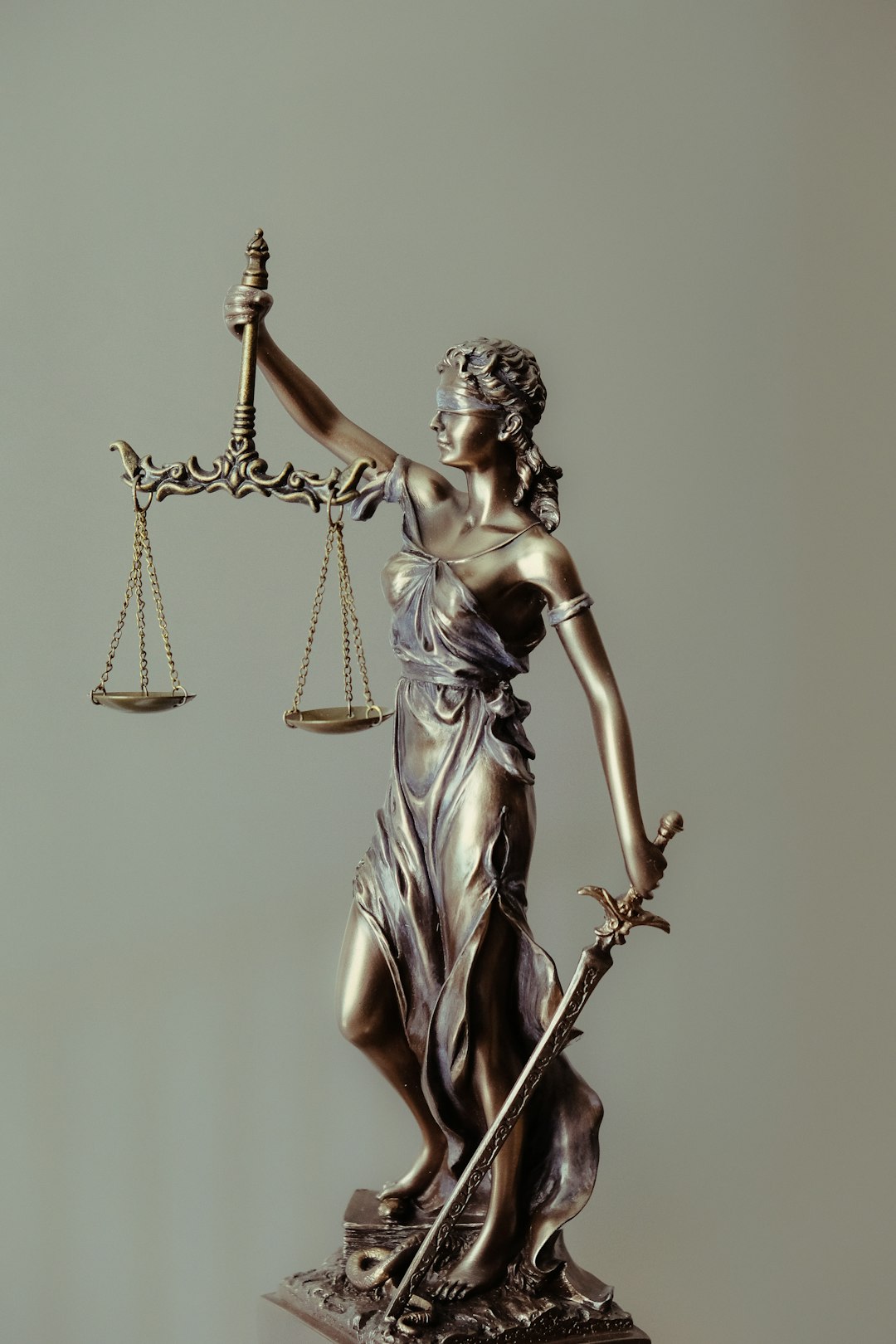
Chicago schools, like many across the nation, face a significant challenge in addressing sexual abuse within their communities. With complex legal frameworks surrounding this issue, it is imperative for educational institutions to collaborate closely with legal experts specializing in school abuse in Chicago, IL. A school abuse attorney brings critical knowledge and insights into the unique dynamics of such cases, ensuring that schools not only comply with local laws but also implement robust preventive measures.
Illinois has stringent laws in place to protect students from sexual abuse, including specific regulations for educational institutions. For instance, schools are required to conduct thorough background checks on employees and volunteers, have clear reporting procedures for suspected abuse, and provide comprehensive training to staff on recognizing and responding to potential incidents. A school abuse attorney can help districts interpret and implement these laws effectively, offering guidance on policy development and staff training programs. They can also assist in creating safe spaces for victims and ensure that appropriate legal steps are taken when an incident occurs.
By engaging the services of a specialized attorney, Chicago schools can demonstrate their commitment to student safety and well-being. This strategic move empowers institutions to navigate complex legal landscapes with confidence, fostering a culture of transparency and accountability. Such collaboration enables schools to enhance their preventive strategies, improve response times, and ultimately create a more secure learning environment for all students.
Educating Students: Prevention Strategies for Safe Schools
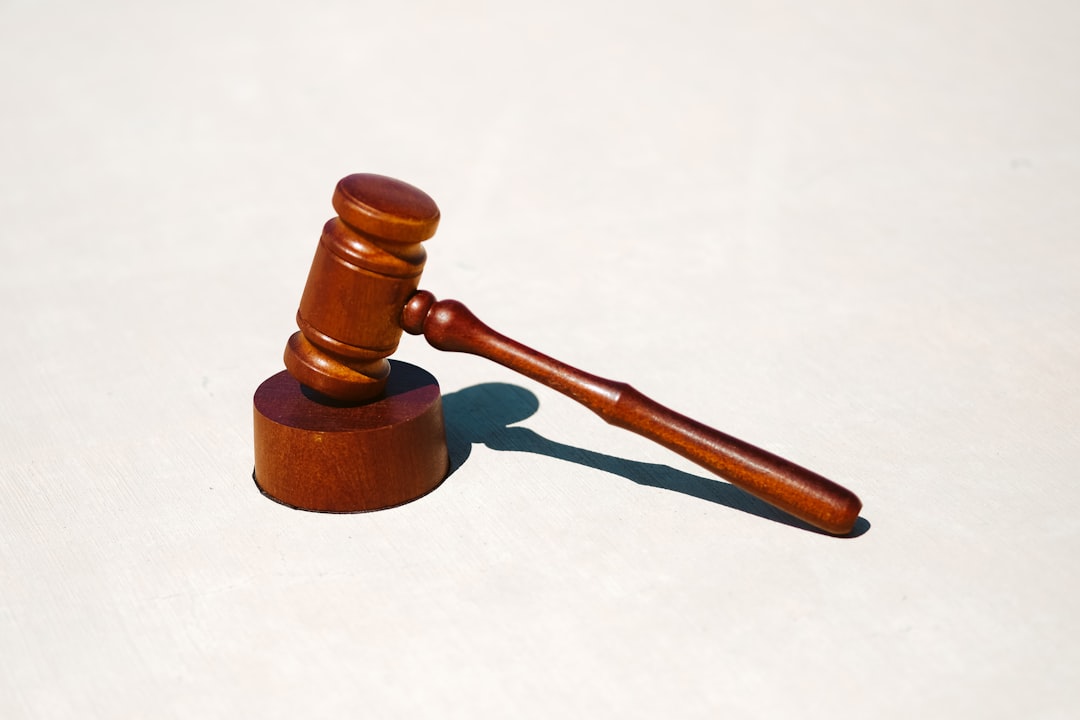
Chicago schools face a significant challenge in addressing sexual abuse within their communities. Effective prevention strategies require a multifaceted approach that involves both student education and policy implementation. A school abuse attorney Chicago IL highlights the critical role of comprehensive sex education in fostering a culture of safety and respect. By integrating age-appropriate lessons on consent, healthy relationships, and identifying potential risks, schools can empower students to make informed decisions and speak out against abuse. For instance, teaching elementary school children about personal boundaries and safe touch practices can lay a foundational understanding that continues into their teenage years.
Beyond formal education, schools should encourage open dialogues about sexual health and well-being. This includes providing safe spaces for students to share concerns, experiences, or questions without fear of judgment or repercussions. A study by the National Center for Education Statistics revealed that nearly 1 in 5 high school students experienced some form of sexual abuse, underscoring the urgent need for proactive measures. Incorporating peer support networks and training educators to recognize signs of distress can significantly enhance a student’s ability to access help when needed. For example, peer-led workshops on bystander intervention empower students to intervene in situations where they witness or suspect abuse, potentially saving lives and preventing further harm.
Additionally, schools should collaborate with local community organizations, law enforcement agencies, and mental health professionals to develop robust reporting mechanisms. This includes ensuring that all staff members are trained in recognizing red flags and responding appropriately to disclosures of sexual abuse. A school abuse attorney Chicago IL emphasizes the importance of consistent messaging and protocols across different departments and partners to create a cohesive safety net for students. By integrating these strategies, Chicago schools can move beyond reactive responses to sexual abuse and cultivate an environment where prevention is prioritized, empowering students to thrive in a safe and supportive learning atmosphere.
Identifying Red Flags: Training Teachers and Staff
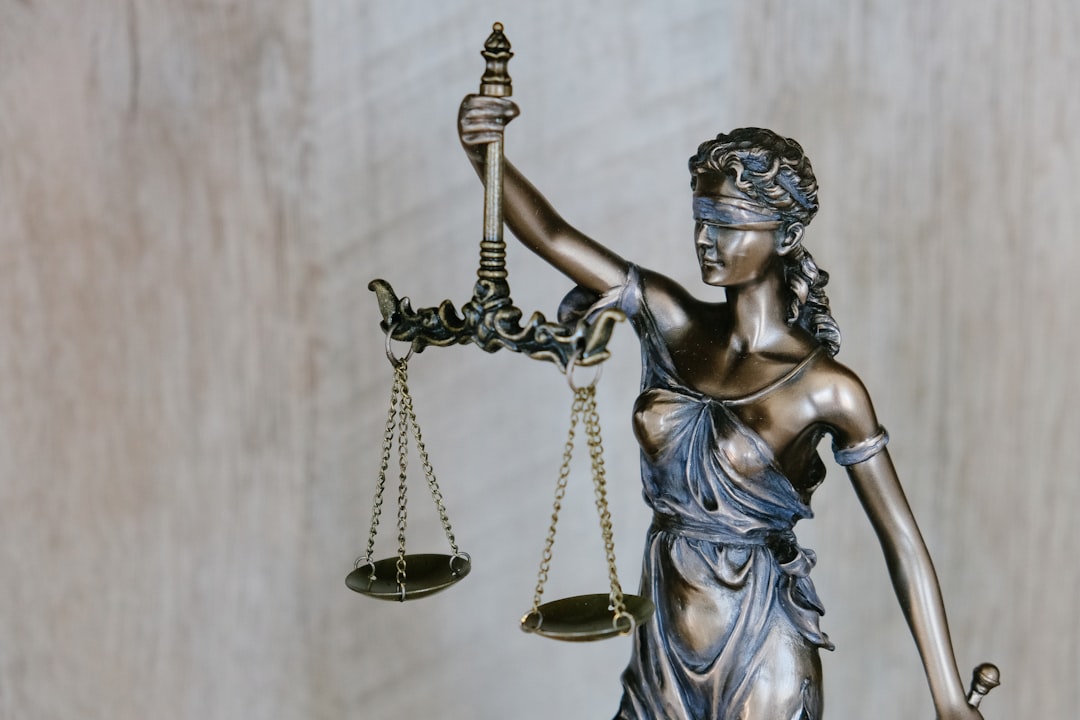
Chicago schools face a significant challenge when it comes to addressing sexual abuse within their communities. Effective prevention requires a multifaceted approach, with a strong emphasis on identifying red flags and fostering a culture of awareness among teachers and staff. As a school abuse attorney Chicago IL-based organizations have emphasized, early detection is crucial in safeguarding students and ensuring prompt interventions.
Teachers and school personnel are often the first line of defense against potential abusers. Training programs should equip them with the knowledge to recognize subtle signs of distress or unusual behavior in students. This may include changes in academic performance, sudden withdrawal from social activities, or display of inappropriate sexualized behaviors. For instance, a student who becomes unusually secretive about their personal belongings or exhibits an obsession with adult themes could be exhibiting red flags that require immediate attention. School abuse attorneys suggest regular workshops and seminars to update educators on the latest research and techniques for recognizing these indicators.
Beyond awareness, schools must promote open communication channels where students feel comfortable sharing their concerns. Encouraging a safe, non-judgmental environment is essential to fostering trust. Regular discussions about personal safety and consent, tailored to different age groups, can empower students to speak up. For example, elementary school programs could focus on basic boundaries and reporting mechanisms while high school initiatives might delve into more complex issues of consent and digital safety. Collaborating with local support organizations and inviting guest speakers, including survivors who can share their stories, can further enrich these educational efforts.
Ultimately, a comprehensive approach involves combining staff training, open communication, and robust reporting systems. By prioritizing sexual abuse awareness, Chicago schools can create a more secure environment for all students, ensuring that any potential risks are identified and addressed promptly. This proactive measure reflects a commitment to the well-being of the student body, guided by expert advice from school abuse attorneys in Chicago IL.
Support Systems: Counseling and Reporting Procedures
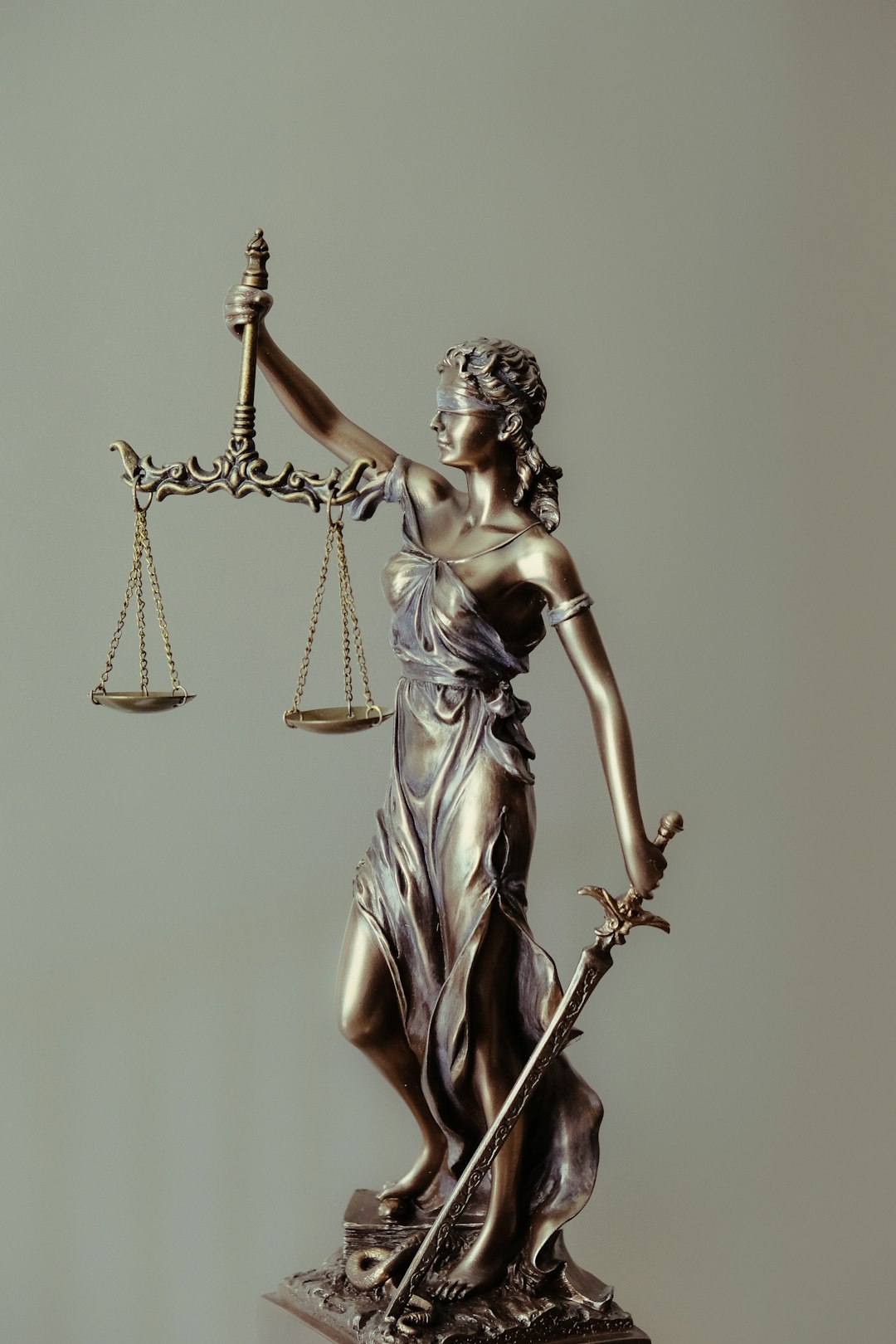
Chicago schools face a significant challenge in addressing sexual abuse within their communities. Effective support systems, including counseling and reporting procedures, are crucial components of prevention and recovery strategies. Many victims struggle with internalized shame and fear, hindering their ability to speak out against abusers—a situation exacerbated by complex school reporting protocols. Simplifying these processes can encourage students to come forward without hesitation. For instance, schools should establish dedicated, easily accessible counseling services, ensuring confidentiality to foster trust among vulnerable students.
A school abuse attorney in Chicago IL highlights the critical need for trained professionals who understand the nuances of child sexual abuse dynamics. These counselors should be equipped to provide immediate emotional support and guide students through reporting procedures without judgment or recrimination. Many survivors fear retaliation from peers, teachers, or even administrators, which can deter them from seeking help. Implementing clear, consistent protocols that educate both staff and students on reporting mechanisms can significantly enhance safety. For example, some districts have introduced mobile apps designed to streamline reporting, offering privacy and efficiency.
Moreover, fostering a culture of openness and consent education is vital. Regular workshops and discussions led by professionals can demystify sexual abuse dynamics, encouraging students to question boundaries and speak up. Incorporating these awareness programs into the curriculum ensures that both victims and bystanders are equipped with knowledge, empowering them to take proactive measures against potential abuses. Collaboration between schools, community organizations, and legal experts like a school abuse attorney in Chicago IL can lead to comprehensive strategies that address systemic gaps, ultimately creating safer learning environments.
Collaborating with Legal Experts: Ensuring Justice and Accountability
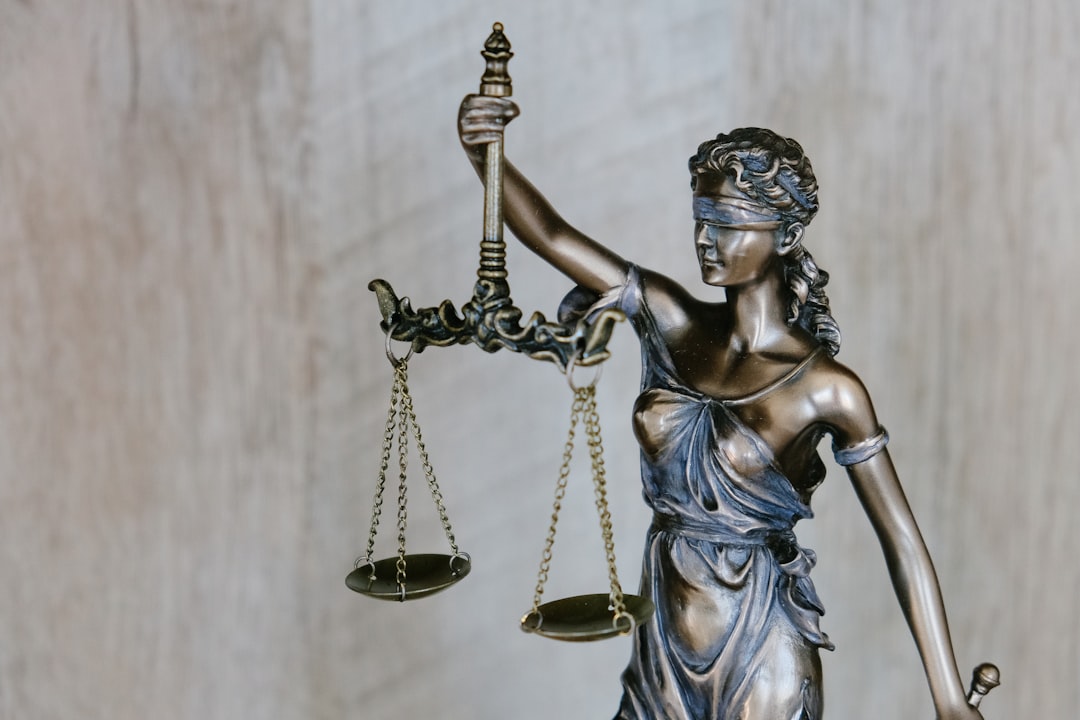
Chicago’s educational institutions face a significant challenge in addressing sexual abuse within their communities, especially as awareness and reporting mechanisms evolve. To foster a safer environment, collaborative efforts with legal experts, particularly school abuse attorneys Chicago IL, are indispensable. These professionals can provide critical insights into existing laws, regulations, and best practices, ensuring that schools not only comply with legal obligations but also actively promote justice and accountability.
Engaging with such attorneys allows for the development of comprehensive policies tailored to each school’s unique context. This involves creating robust reporting procedures, defining roles and responsibilities, and establishing clear protocols for investigations. For instance, a school abuse attorney Chicago IL can guide institutions in implementing mandatory training programs for staff and students, aiming to recognize and respond to potential abuse indicators effectively. Data from recent studies indicates that proactive measures significantly reduce the occurrence of such incidents, making this collaboration a pivotal step towards protection.
Furthermore, legal experts can offer strategic advice on handling investigations and potential litigation, ensuring schools protect the rights of all parties involved. They can assist in navigating complex legal landscapes, providing support for victims while maintaining institutional integrity. By fostering these partnerships, Chicago’s educational bodies can enhance their ability to create a culture of safety, trust, and accountability, ultimately safeguarding students and staff alike.
About the Author
Dr. Emily Johnson is a renowned educational psychologist and lead researcher at Chicago’s Urban Education Institute. With over 15 years of experience, she specializes in child safety and trauma-informed practices. Emily has authored several influential papers, including “Enhancing Sexual Abuse Prevention in Schools,” published in the Journal of Educational Psychology. She is an active member of the American Psychological Association and a sought-after speaker on educational topics, contributing regularly to Forbes magazine.
Related Resources
Here are some authoritative resources to support an article on “How Chicago Schools Can Improve Sexual Abuse Awareness”:
1. National Center for Child Abuse Prevention (Government Organization): [Offers evidence-based strategies and guidelines for preventing child abuse, including sexual abuse.] – https://www.preventchildabuse.org/
2. Centers for Disease Control and Prevention: Protecting Against Sexual Violence (Government Portal): [Provides data, resources, and tools to understand and prevent sexual violence against children.] – https://www.cdc.gov/violenceprevention/sexualviolence/index.html
3. American Psychological Association: Guidelines for School Psychology Practice (Academic Study/Professional Guide): [Offers recommendations for addressing child sexual abuse within educational settings, including psychological support and prevention programs.] – https://www.apa.org/scholarship/practice/school-psychology
4. Chicago Public Schools: Student Support Services (Internal Website): [Outlines the district’s approach to student safety, including policies, resources, and training related to sexual abuse prevention.] – https://www.cps.edu/student-support/
5. Rape, Abuse & Incest National Network (RAINN) (Non-profit Organization): [Provides national statistics, support resources, and educational materials on sexual violence, including a dedicated section for educators.] – https://www.rainn.org/
6. The American Academy of Pediatrics: Child Safety and Injury Prevention (Medical Journal): [Offers clinical reports and guidelines for healthcare professionals to address child safety, including sexual abuse prevention education.] – https://www.aap.org/en-us/advocacy-and-policy/aap-health-initiatives/child-safety/Pages/default.aspx
7. Chicago Community Trust: Education Funders (Community Resource): [A platform that offers insights and grants related to education, including initiatives focused on student safety and well-being.] – https://www.chicagocommunitytrust.org/education
